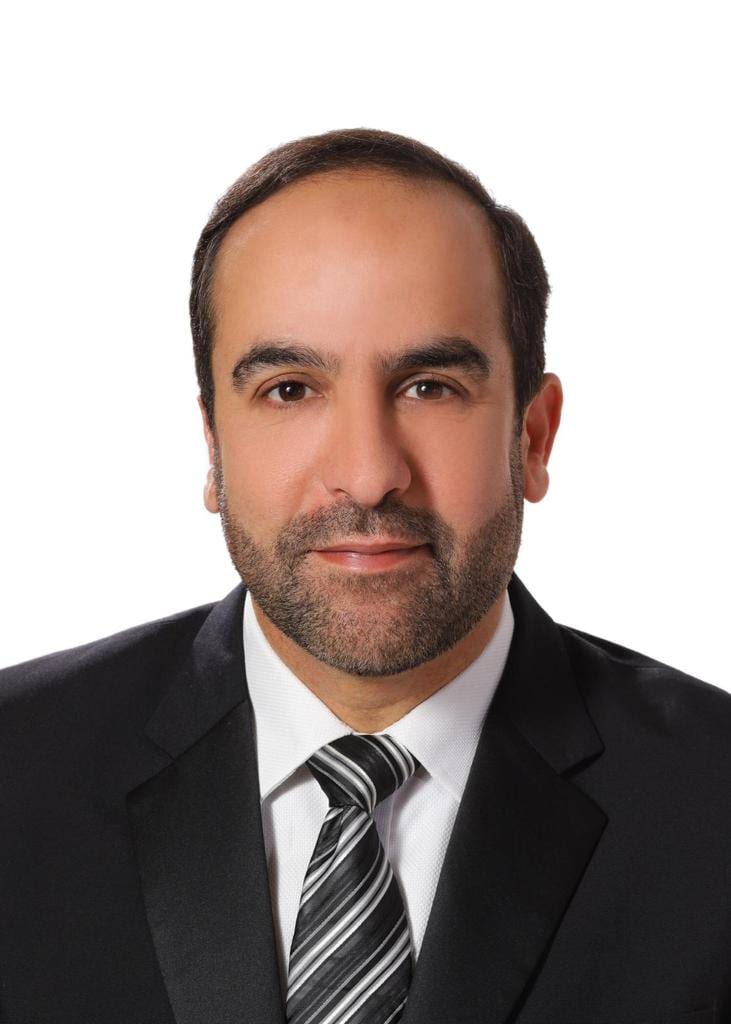
Will we be mere spectators of the massacres? Will we allow ourselves to grieve for a while, only to forget later, as many do? Or will we be among those who do not stop at words but stand firm for what is right, with all the strength they possess, and write their names in bold letters in the pages of history books as those who chose to be part of the change for good?
Some may think that their role is insignificant, that they have no power to make an impact, but it is no cliché to say that injustice only persists when good people remain silent. The truth can be stronger than any weapon. What’s more, staying silent does not mean being neutral. And, in the words of the late anti-apartheid campaigner Desmond Tutu, “If you are neutral in situations of injustice, you have chosen the side of the oppressor.” You are complicit in the injustice.
If we are unable to be part of the solution, let us at least refrain from spreading lies or justifying the oppression. If we cannot physically support the oppressed, then we should at least be a means of ending the injustice through our words.
Let us not be the ones who propagate misleading narratives that portray the aggressor as the victim and the victim as the aggressor. Let us not be the ones who spread lies that distort the truth. Let us stand with the oppressed, even if the only thing we have to give is the truth.
The war against the Palestinians in Gaza is not just a military conflict; it is a war on awareness, memory and truth itself. The ultimate goal of the aggressor is to erase all three. What is being targeted today is not only the land, but also the right to life and dignity. The battle is not confined to the battlefield, but extends to the realm of ideas, conscience and stances.
Writing our history in support of Gaza does not mean that we only feel sorry for the victims of Israel’s genocide while we wait for the inevitable moments of more grief. It means taking responsibility for telling the truth, being a voice for the oppressed, and not allowing false narratives to pass unchecked.
To support Gaza means to speak the truth, even if it costs us greatly, because truth needs no permission to be spoken.
To support Gaza means to fight against falsehood and lies, and refuse to accept that the killers are portrayed as victims or that the destruction of innocent people and their homes is justified.
To support Gaza means to keep our tongues in check; speak what’s good or keep quiet.
To support Gaza means to keep the cause alive in our hearts and minds, and not allow it to be forgotten as the Zionist enemies want, for they have bet on the claim that “the old will die and the young will forget”.
At every moment we are asked where we stand in this conflict. Will we be among those who watch the massacre unfold and then return to daily life as if nothing has happened which affects us? Or will we be among those who insist that Gaza is not alone in its struggle, and that we are part of its people and their cause?
We can’t all be heroes on the ground, but we can make sure that our words and deeds are up to the challenge of seeing that truth prevails over falsehood. We must write our history through our strong words and good deeds, by not being silent and not trying to justify oppression.
The tyrants bet on everyone forgetting; we put our trust in the fact that Truth does not die, unless we abandon it.


No comments:
Post a Comment